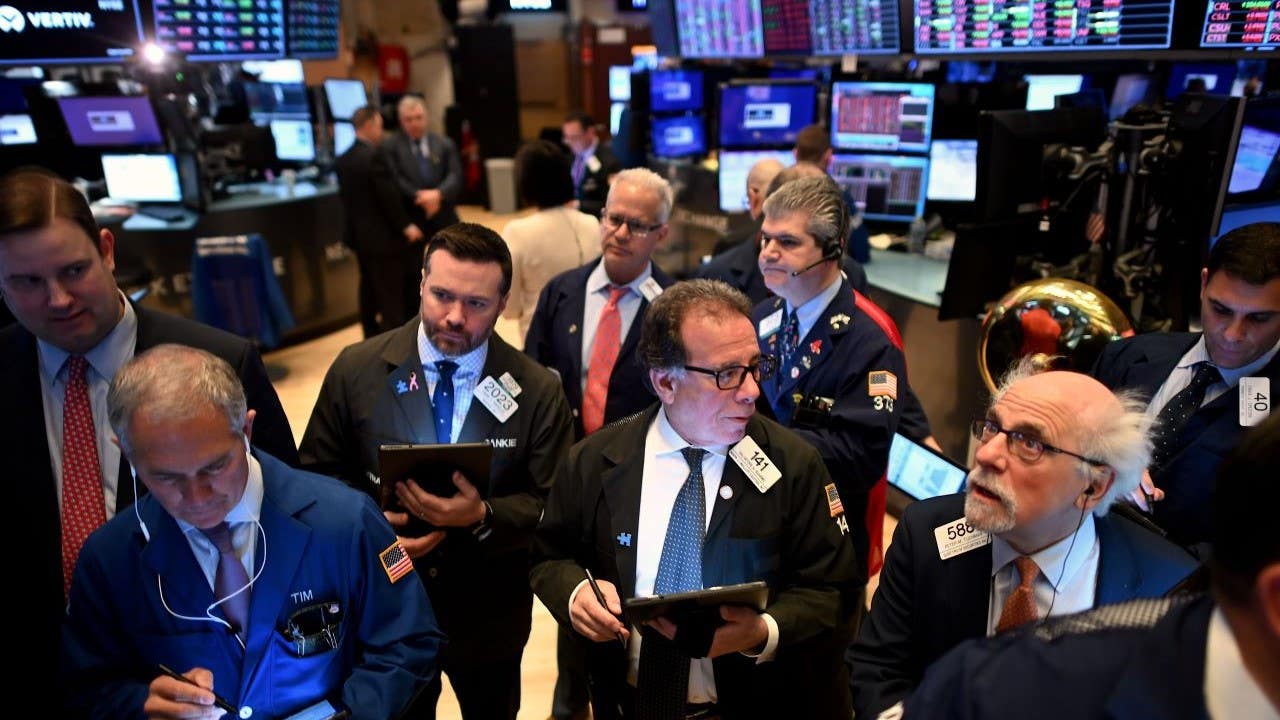What is speculation and how does it affect your investments?




Speculation is a common term in finance that often carries negative connotations. For many, it evokes images of risky behavior and sudden financial loss, but speculation is a nuanced concept.
What is speculation?
Speculation revolves around market volatility. It involves buying or trading an asset to generate a significant return — usually through short-term price movements. Speculation is riskier than traditional investments because of the market’s unpredictability. But when done right, speculation can lead to big gains within a short time frame.
Speculators rely on price fluctuations to make a profit. They often predict movements other investors might not expect. This high-risk, high-reward nature makes speculation different than standard investing. Traditional investing tends to focus on long-term growth and value retention. Speculation aims to exploit market inefficiencies or emerging trends for quick returns.
Speculation vs. investing: Understanding the differences
The key difference between speculation and traditional investing is their degree of risk and time frame. Speculators and investors both put money into assets and expect future returns. But they follow different principles. Both approaches are important in the financial world, and it’s crucial to understand the risks associated with each one — especially speculative ventures.
Traditional investing focuses on long-term value and gradual growth
Traditional investors generally look for steady growth over a longer period. They base their decisions on fundamental analysis, financial reports and long-term market trends.
These investors tend to buy stocks, bonds or real estate with the expectation of gradual growth. These investments are usually made after careful analysis of the company or asset, including factors like earnings, dividends and management quality. Investors expect to earn returns over time through appreciation or income generation.
Speculating focuses on short-term movements and timing price surges
Speculators tend to focus on potential market volatility. They try to time the market to buy low and sell high and are often more interested in short-term price movements. They might buy assets because they predict a surge in the stock price due to market hype or an upcoming event — not because they believe in the company’s long-term prospects.
The speculative approach is more focused on timing rather than value, making it much riskier.
An example of speculating vs. investing
A clear example is the stock market’s reaction to initial public offerings (IPOs). Speculators might rush to buy shares of a newly public company based on excitement or media coverage. They hope the stock price will surge after its debut. Meanwhile, traditional investors may be more cautious and wait to see how the company performs over time before buying.
Speculative investments — like volatile stocks, options or commodities — should usually make up only a small part of an investor’s portfolio due to their inherent risk. For those interested in more stable, traditional investments, Bankrate’s investment basics page offers valuable information on long-term strategies.
Historical examples of successful speculation
Speculation has been a part of financial markets for centuries. Several notable individuals have successfully leveraged speculative opportunities for massive profits. One of the most famous is George Soros, who earned over $1 billion in a single day by speculating against the British pound in 1992. This event, known as Black Wednesday, shows how speculation can lead to big rewards when market trends are accurately predicted.
Another example is the dot-com boom of the late 1990s. During this period, speculators poured money into internet companies with little revenue but high growth potential. Some speculators made fortunes, but the crash that followed in the early 2000s caused massive losses for others. This illustrates the high-risk, high-reward nature of speculation.
Speculation also played a central role in the 2008 financial crisis. Investors speculated on the housing market, which led to the collapse of financial institutions when the bubble burst. These examples show both the potential upside and the dangers of speculative investing. They underscore the importance of understanding market dynamics before engaging in speculative activities.
Strategies for speculative investing
If you decide to engage in speculative investing, it’s important to develop a strategy that balances risk with potential rewards. Here are some common strategies used by speculators:
- Leverage: Some speculators use leverage to amplify their gains. By borrowing money to increase the size of their trades, they can potentially earn larger profits. However, leverage also increases the risk of significant losses, making it a double-edged sword.
- Market timing: Speculators often rely on market timing to maximize their profits. This means buying when the market is low and selling when prices peak. However, market timing is notoriously difficult, even for seasoned investors. It requires constant monitoring of market trends and a deep understanding of the factors that drive price movements.
- Risk management: Successful speculators always have a risk management plan in place. This might include setting stop-loss orders to limit potential losses or diversifying their speculative portfolio to spread the risk across different assets. Without a solid risk management strategy, speculation can quickly turn into gambling.
- Technical analysis: Many speculators use technical analysis to identify potential price movements. This involves studying historical price data, volume and market trends to predict future performance. It isn’t foolproof, but it can help speculators make informed decisions about when to enter or exit a position.
For more information on managing risk, Bankrate’s risk management guide offers strategies to mitigate losses in volatile markets.
Speculative risk: What you need to know
Speculative risk refers to the potential for both gain and loss in an investment. Unlike pure risk, which only deals with the chance of loss (such as insuring a home or car), speculative risk involves an outcome that could go either way. This dual possibility is what attracts many to speculative investing. However, speculative investments often have a higher likelihood of loss, especially for those without experience or a thorough understanding of the market.
For example, the forex (foreign exchange) market is an environment where speculative risk is frequent. Forex trading involves buying and selling currencies. Forex speculators aim to profit from differences in exchange rates. The forex market is extremely volatile. This means speculators can earn significant profits — or suffer heavy losses — within short periods.
Geopolitical events, economic data releases and central bank policies can all cause rapid currency fluctuations. These factors and more make forex a high-risk environment for speculators.
How speculators earn money in foreign exchange transactions
Foreign exchange markets are popular among speculators due to their high liquidity and constant currency fluctuations. In the forex market, speculators buy currencies when they expect the value to rise and sell them when they believe the price has peaked.
These decisions are often based on technical analysis, market sentiment and global events. For example, a speculator might purchase Japanese yen when they predict it will strengthen against the U.S. dollar, selling it once the value increases.
However, speculative success in the forex market requires not only knowledge of exchange rates but also a high tolerance for risk. Market timing is crucial in forex trading, and even the most skilled speculators can experience significant losses if they mistime their trades. Rapid shifts in currency prices — due to unexpected geopolitical crises or economic surprises — can result in losses for speculators. This is why many seasoned investors caution beginners against diving into speculative forex trading without first developing a solid foundation in market analysis.
For more on speculative risks in forex trading, Bankrate’s guide on forex brokers provides deeper insights into strategies and risks associated with currency markets.
The bottom line
Speculative investing can offer the potential for high rewards, but it also comes with significant risks. For seasoned investors, speculation can add excitement and opportunity to a diversified portfolio. However, it’s important to approach speculation with caution, using strategies like technical analysis, market timing and risk management to minimize potential losses.
If you’re interested in learning more about speculative markets, Bankrate’s guide on stock market volatility provides valuable insights into managing risk and maximizing returns in unpredictable markets.
Frequently asked questions
Why we ask for feedback Your feedback helps us improve our content and services. It takes less than a minute to complete.
Your responses are anonymous and will only be used for improving our website.




